Amazon Employees Are Listening To What You Say To Your Alexa
Since the age of the Alexa and Google Home, conspiracies have surfaced about how much these devices listen to you.
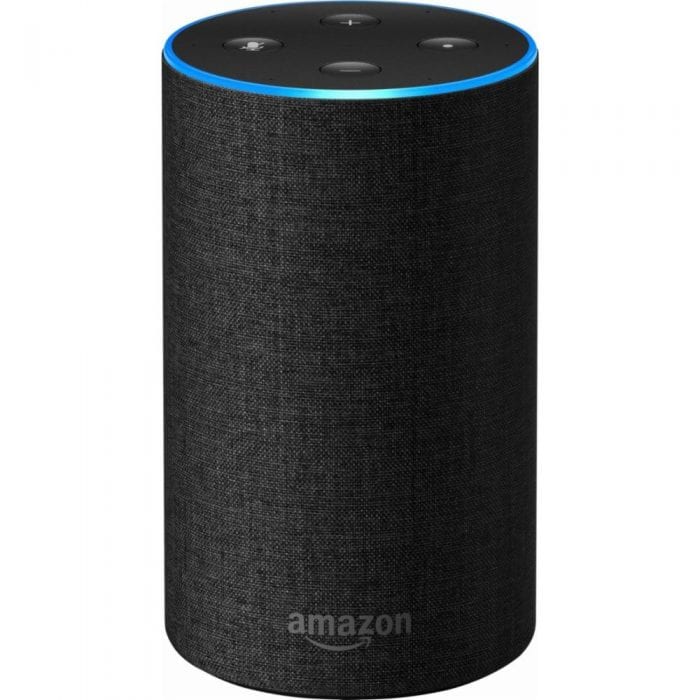
Some people have been so convinced the government is using these smart devices to spy on people that they won’t allow them in their home at all.
Crazy, smart or just downright creepy?
Well, if you are one of the million of Amazon Alexa users, you might want to know that it is confirmed that Amazon Employees Are Listening To What You Say To Your Alexa.
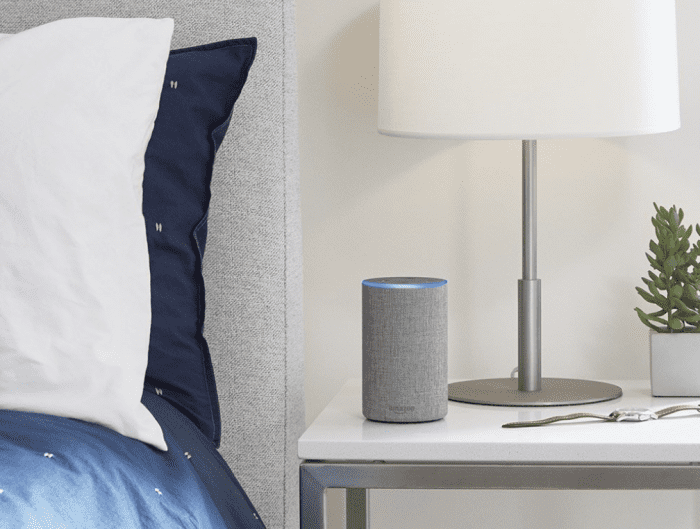
In fact, they even have a chat room where they chat about things they hear.
Yup, Amazon is listening and there’s nothing you can do about it.
Unless of course, you want to turn your Alexa into a fancy paperweight or gift it to your neighbor.
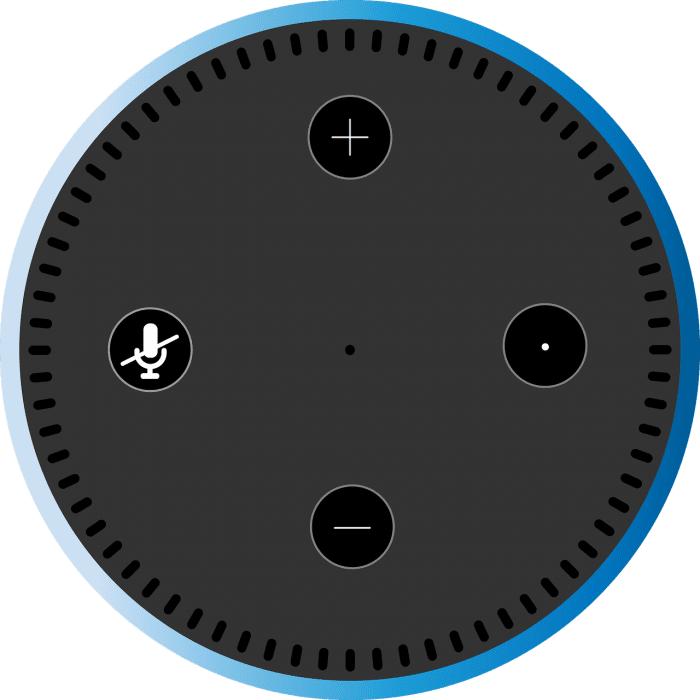
In a recent article, it is confirmed that:
“Amazon.com Inc. employs thousands of people around the world to help improve the Alexa digital assistant powering its line of Echo speakers. The team listens to voice recordings captured in Echo owners’ homes and offices. The recordings are transcribed, annotated and then fed back into the software as part of an effort to eliminate gaps in Alexa’s understanding of human speech and help it better respond to commands. “
Bloomberg (Source)
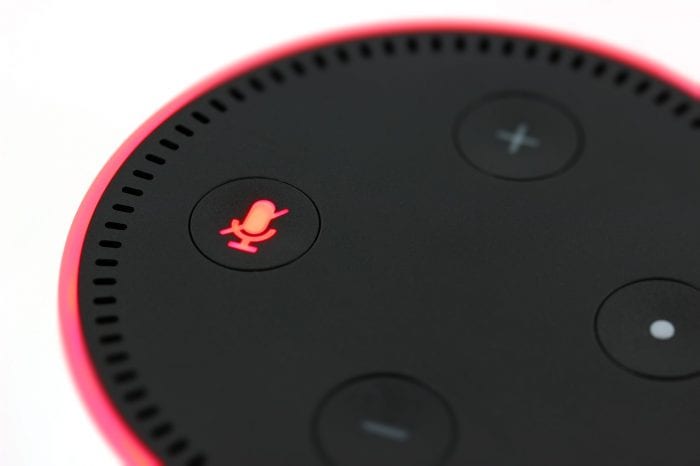
The employees handling these recordings work in outposts from Boston to Costa Rica, India and Romania and are required to sign nondisclosure agreements barring them from speaking publicly about the program and the recordings.
These employees often work 9 hour shifts a day, reviewing as many as 1,000 audio clips per shift.
So, exactly what sort of clips are they listening to?
Well, according to reports:
One worker in Boston said he mined accumulated voice data for specific utterances such as “Taylor Swift” and annotated them to indicate the searcher meant the musical artist. Occasionally the listeners pick up things Echo owners likely would rather stay private: a woman singing badly off key in the shower, say, or a child screaming for help. The teams use internal chat rooms to share files when they need help parsing a muddled word—or come across an amusing recording.
(Source)
So, yes it’s likely that your Amazon Alexa is listening to things you don’t ever want someone else listening to.
They even hear disturbing things that they cannot step in and assist with (things such as sexual assaults, etc.)
And here’s the thing, Amazon doesn’t just want to stop here.
In fact, back in 2018, Amazon filed a patent which examined the possibility of eavesdropping on conversations held around its voice-activated devices in order to better suggest products or services to users. (Source)
Yes, this is something they are WANTING to do!
But how seriously do they take this privacy?
Amazon made a statement about this saying:
“We take the security and privacy of our customers’ personal information seriously. We only annotate an extremely small sample of Alexa voice recordings in order [to] improve the customer experience. For example, this information helps us train our speech recognition and natural language understanding systems, so Alexa can better understand your requests, and ensure the service works well for everyone.”
An Amazon spokesman said in an emailed statement. (Source)
So, what can you do if you don’t want your Amazon Alexa listening and sending recordings to the company for review?
According to Amazon, you can change the privacy settings.
In Alexa’s privacy settings, Amazon gives users the option of disabling the use of their voice recordings for the development of new features.
But even then that still doesn’t stop them 100%…
The company says people who opt out of that program might still have their recordings analyzed by hand over the regular course of the review process.
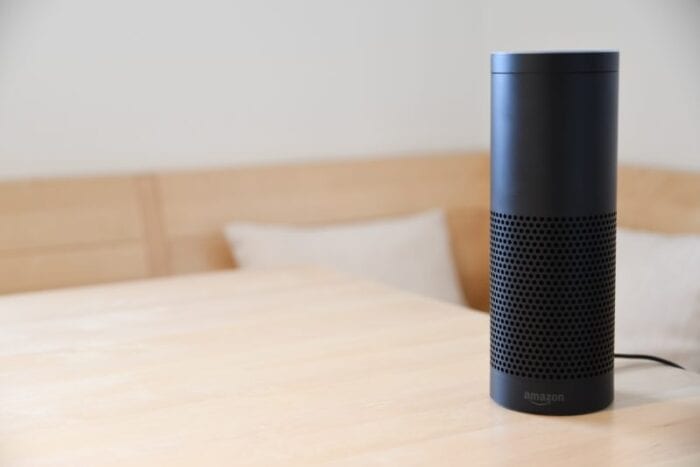
A screenshot reviewed by Bloomberg shows that the recordings sent to the Alexa reviewers don’t provide a user’s full name and address but are associated with an account number, as well as the user’s first name and the device’s serial number.
So, sure they want you to believe you have an option to NOT have your recordings analyzed but in reality, you really don’t.
I’ve been debating on getting an Amazon Alexa for some time now but after hearing this, I think it’s a hard pass for me.





